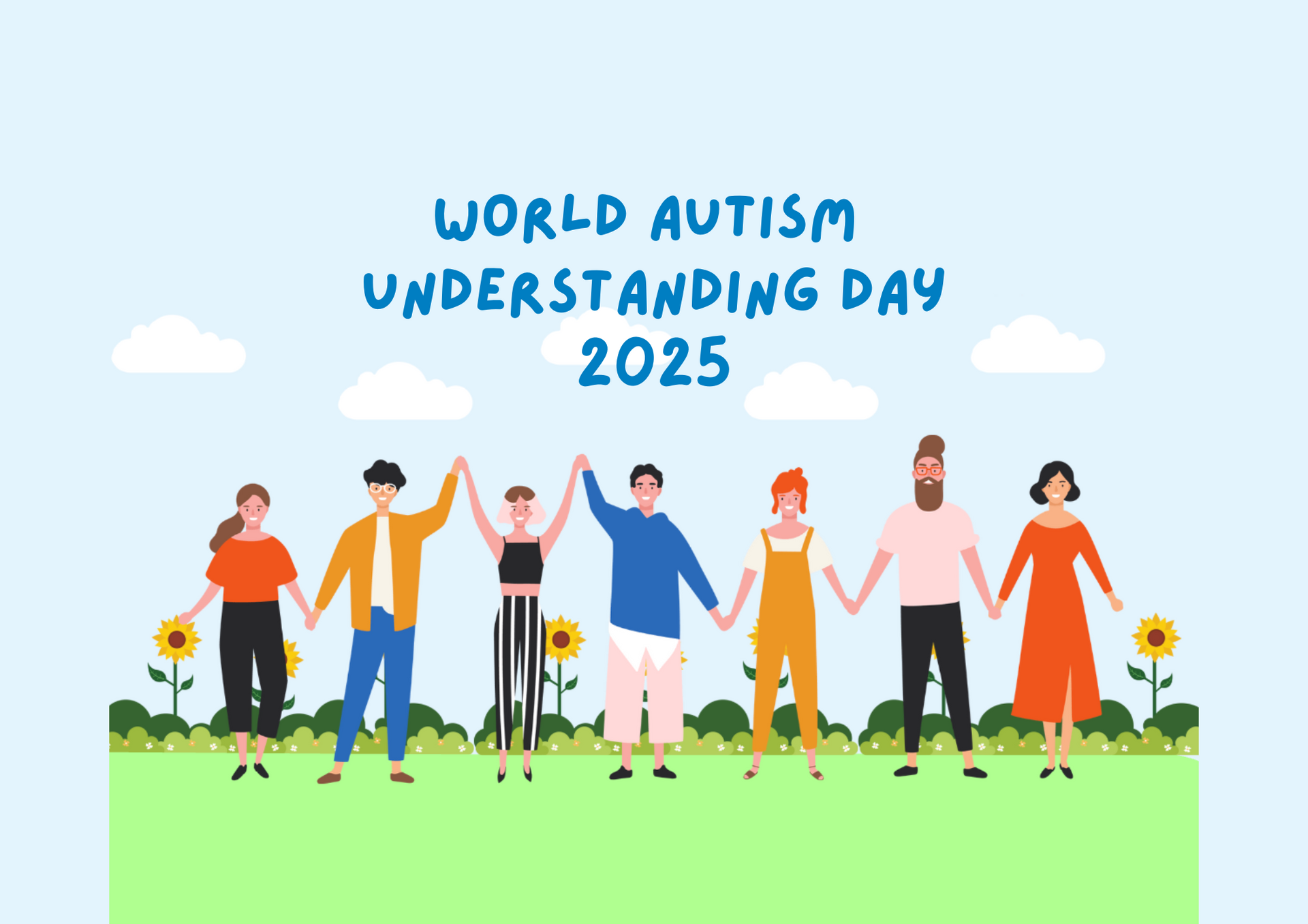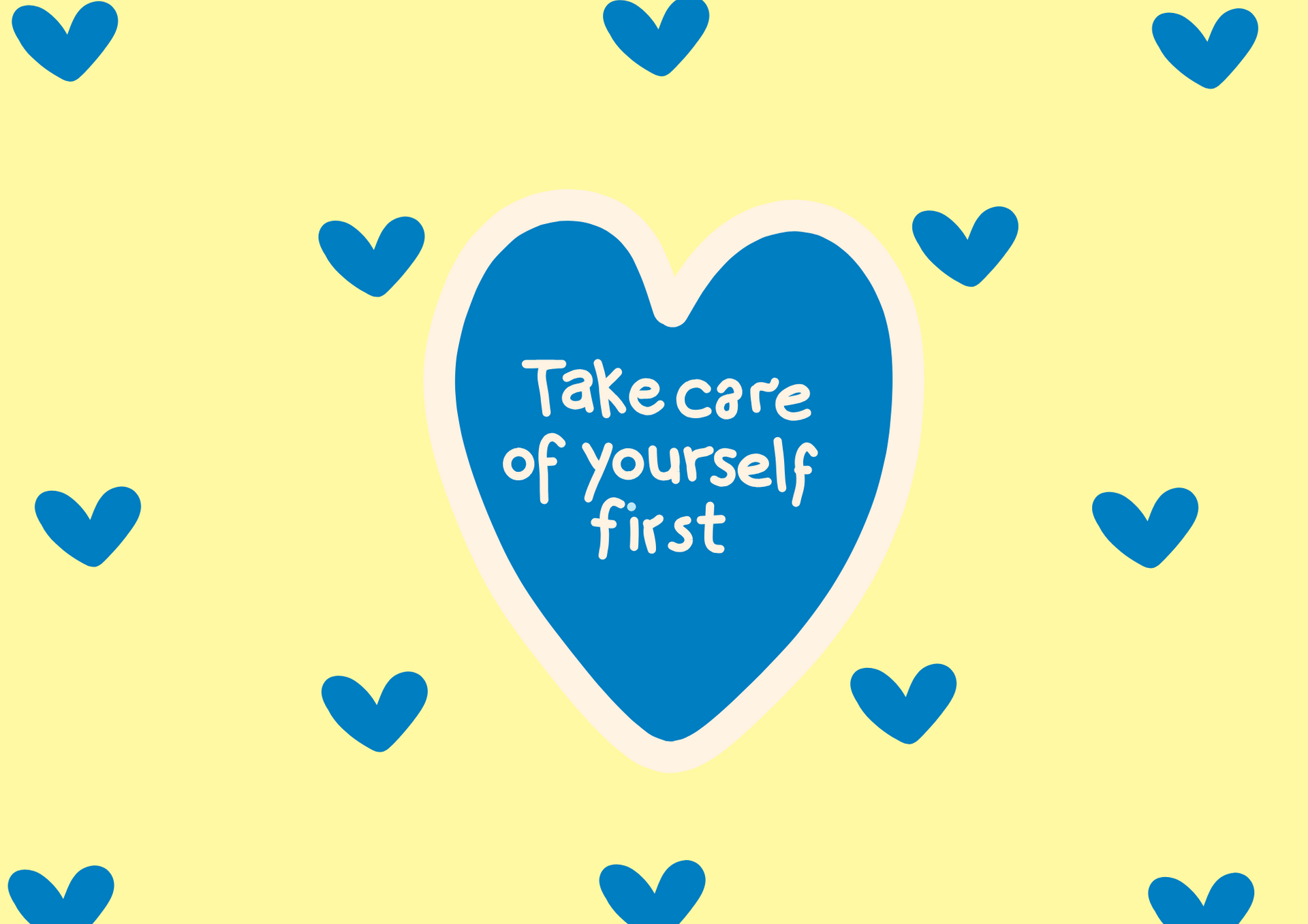Get in touch with us: (03) 8825 3500 / 1300 643 287
Why seeking help is a sign of strength?
February 27, 2025
When it comes to asking for help, many of us hesitate. But why? Why do we hold back when we don’t even know how others will respond? The answer could be a simple "yes" or perhaps a "no," but regardless, it’s always worth asking.
Instead, we often choose to struggle alone rather than reach out. Here are some common reasons why, as highlighted by Professor Manfred F.R. Kets de Vries in the Harvard Business Review (2023):
Fear of appearing vulnerable
– For some of us who feel uncertain about ourselves or are deeply concerned with how others perceive us, asking for help can feel challenging. We worry that it will make us seem less capable or independent. Sometimes, we may also experience self-doubt, fearing that others will question our abilities. As a result, we might distance ourselves from others and try to handle everything on our own.
Fear of rejection – Many of us tend to overestimate the chances of hearing 'no' when we ask for help. If we tie rejection to our self-worth, it can feel like a significant barrier. However, it’s important to remember that there are many reasons someone might not be available to help, and it’s NOT a reflection of our value or worth.
The need for independence – When prioritising self-reliance and independence, asking for help can feel uncomfortable. For many of us, cultural or family influences may have shaped the belief that we should be able to handle everything on our own. We’re used to navigating challenges solo, and situations that require teamwork can feel unfamiliar or even tricky. Therefore, reaching out for support can feel like a big step, but remember that it doesn’t diminish our independence.
Lack of trust in others (and even in ourselves!) – Some of us hesitate to ask for help because we're unsure if we'll receive the support we need, or we may question whether others truly care or if we’re worthy of support. Past experiences—whether feeling dismissed, let down, or unheard—can make it hard to trust others and sometimes even ourselves. We may worry about being a burden or fear that seeking help will make us seem selfish or dependent. Over time, this can lead to prioritising others’ needs while ignoring our own.
The Truth? You’re Not Alone.
These feelings are valid—and trust me, I get it. I’ve been there too. I’ve hesitated, convinced myself I should handle everything alone, and ended up completely burned out. But here’s what I’ve learned:
Seeking Help = Strength, Not Weakness
Change is hard. Think about how many times we set goals (like going to the gym consistently) and struggle to stick with them. But growth isn’t about getting it right all the time—it’s about taking small steps forward.
Did you know that asking for help actually makes you stronger? According to Core Confidence (2024), real strength comes from knowing your own abilities and allowing others to contribute theirs. By playing to our strengths and leaning on the strengths of others, we create win-win situations.
Take the First Step
Start with something simple:
“Do you have a moment to help me with this?”
And be open to the possibility of hearing "no." Seeking help doesn’t mean you’re weak—it means you’re human, and you’re strong enough to make a step closer to loving yourself.
If reaching out feels too overwhelming, you’re not alone.
At Mental Health Foundation Australia, we offer low-cost to free professional and peer support services in a safe, non-judgmental environment for you to share your stories and ask for help without hesitation. We believe everyone deserves support, no matter where they are in their journey.
Don’t hesitate to talk to us—we’re all ears!
Written by Vy Nguyen

March 31, 2025
On the 2nd of April, we come together to celebrate World Autism Understanding Day. As many people in our community with Autism, it is important to understand how you can support someone to make them feel comfortable. World Autism Understanding Day is not only about understanding Autism but also taking actions to be a supportive person to those around you. What is Autism? Autism is a lifelong developmental condition that affects how a person thinks, feels, interacts with others, and experiences their environment, according to Autism Spectrum Australia (Aspect). People who have Autism may have different preferences regarding social interactions, a heightened sensory awareness, have different communication preferences compared to neurotypical people, have many strengths, and are honest, loyal, and kind people. This year's World Autism Understanding Day is delivered in partnership with communities to create a supportive and more inclusive society so people with Autism can feel more comfortable navigating the world. By creating more understanding about Autism, we can challenge myths and misconceptions regarding Autism to create meaningful changes so Autistic people can have the same opportunities and support as everyone else. Common Myths and Misconceptions Autism only affects males - Autism can affect any gender. Whilst males are most commonly diagnosed, females are often diagnosed at a later point in life. People with Autism lack empathy – Autistic people do experience all emotions including empathy; however, they may show and regulate empathy differently compared to neurotypical people. Autistic people are anti-social – Just like everyone, Autistic people still desire social connections and want to create meaningful relationships. Whilst sometimes social interactions and situations can be challenging for Autistic people, this does not mean they do not want to socialise and create connections. Ways to support people with Autism It is important to understand that people with Autism may experience the world differently compared to neurotypical people. By showing you care for and are willing to support Autistic people, you can help them to feel more comfortable within society and themselves. Encourage inclusivity in group settings – Make sure to make invites to group activities clear to Autistic people. Take some time to explain to them what is going to happen to make sure they feel comfortable. Do not force any social interactions but instead help them feel at ease within any group setting. Keep things clear and simple – Sometimes people on the Autism spectrum take things to heart or have difficulty picking up on social cues. Keep your communication clear and your language direct, and do not be disheartened if they are repeating things you have said to them, they are just trying to make sure that they understood what you said correctly. Respect personal space – Individuals on the autism spectrum may have different preferences regarding personal space and touch. It is important to communicate and ask people with Autism their preferences and always ask for consent before initiating any physical contact. Make sure to be mindful of any physical boundaries and do not be disheartened if they say no, they’ll appreciate you asking and listening to what their preferences are. Watch out for overwhelming situations – People on the Autism spectrum can get overwhelmed by sights, sounds, and smells, especially within a busy or large place due to their heightened sensory awareness. Be sure to look out for this, and if this happens try to move them to somewhere less overwhelming so they can have some time to process their surroundings. Create a safe space for them where they feel comfortable talking about their desires and needs, so they can be their authentic selves. Adjustments can include dimming lights and reducing background noise, which can help people with Autism to feel safe and secure again. With a better understanding of what Autism is and how to support within your community, you can help to make them feel more comfortable and have the same opportunities as neurotypical people. Importantly, while we continue to celebrate World Autism Understanding Day, make sure to continue to understand and support individuals with autism every day of the year to make a more inclusive and comfortable world. By Holly Johns

March 7, 2025
In a world where life is increasingly becoming more challenging, it is more important now than ever to make sure you are being supportive to your partner. When you are being a supportive partner, you are able to grow, learn and become stronger together. There are many different ways you can show support to your partner, and tailor the support you give them to their needs. Listen to your partner As simple as it seems, listening effectively to the needs and wants of your partner can help you to be supportive of them. You are able to tailor your actions to them, providing a more accurate response to their desires. To show you are listening to them and giving your full attention, make sure to stop any distracting tasks that may interfere with being fully present in the moment. Offer encouraging words Showing support to your partner by encouraging them with words provides a sense of belonging. A simple ‘you have got this’ can make a world of difference, allowing your partner to feel empowered. Encourage new challenges and dreams It is natural as time goes on and you spend more time together, the desires and needs of your partner changes. It is important to acknowledge that this is perfectly fine, and to give your partner plenty of support and advice while they navigate new challenges and dreams in their lives. Spend quality time together Whilst life can get busy, it is always important to ensure you and your partner spend quality time together, away from the stressors of life. Show initiative and be the one to arrange a dinner, movie night, or even a small getaway to show your support and love for one another. Be empathetic Being able to understand your partner's emotions and feelings will help you to be able to support them more beneficially. Let them vent their feelings to you and show empathy to them, so they know you are truly there for them in tough moments. Be willing to communicate Communicating how you feel shows respect and trust for your partner. Communication builds an open and honest relationship, so your partner never has to second-guess themselves. Express gratitude It is important to vocalise what you love and appreciate about your partner. By showing you are grateful for their actions and help, this allows them to feel supported and valued within the relationship. Apologise It is important to acknowledge when you are in the wrong, even though sometimes it may not always be easy to do this. By apologising, it lets your partner know that you are actively reflecting on your actions to becoming a better and more supportive person. It is important to be supportive to your partner to increase overall satisfaction in your relationship. By fostering a supportive environment in your relationship, this helps you and your partner to build trust and respect – two very important aspects in a relationship. Support makes people feel valued and safe, which is desirable for so many of us. Being a supportive partner shows you value your relationship, but most importantly, shows that you care. By Holly Johns

February 13, 2025
When we think of Valentine’s Day, we often find ourselves thinking about either a bouquet of roses, heart-shaped chocolates, and the idea of celebrating love with a special someone. But what if, this year, the most important Valentine you could celebrate is the one you see in the mirror?
Self-love is often overlooked however is the foundation for healthy relationships, emotional resilience and overall mental wellbeing.
Get support
Information & resources
Get involved

The Mental Health Foundation Australia acknowledges the traditional owners of country throughout Australia and their continuing connection to land, sea and community. We pay our respects to them and their cultures and to their elders both past and present.

© 2025
All Rights Reserved | Mental Health Foundation Australia | Registered PBI with ACNC. Charity ABN 81 006 003 363
